
AeroGenie: il tuo copilota intelligente.
Tendenze
Categories
Adapting to Change in the Catering Industry

Adapting to Change in the Catering Industry
Shifting Demands and Industry Pressures
The global expansion of air travel has generated an unprecedented demand for airport catering trucks, presenting the industry with a complex array of challenges and shifting priorities. Airport operators and catering providers must now accommodate a growing number of passengers and flights while simultaneously addressing increasing expectations for sustainability, safety, and operational efficiency.
The surge in air travel, coupled with evolving passenger preferences and the introduction of larger, more diverse aircraft, is transforming traditional catering logistics. According to the US-based industrial analysis firm Lucintel, technological advancements, changing airline requirements, and stricter environmental regulations are compelling manufacturers and airport operators to reconsider conventional ground support equipment strategies. Innovations such as electrification, automation, data-driven fleet optimization, and modular vehicle designs are redefining the delivery of catering services on the tarmac.
Airlines are also adapting to shifting consumer behavior by enhancing their onboard offerings, particularly in premium cabins. Austria-based DO & CO, which serves 60 airlines globally, reported a 26% increase in net sales last year, driven by an expanded airline portfolio and a broader range of catering products. The emergence of premium economy cabins and customizable meal options in economy class has further complicated catering demands, necessitating trucks with larger capacities and advanced features such as variable temperature zones and segmented storage compartments.
Operational and Market Challenges
Despite these opportunities, the industry faces significant operational hurdles. Rising costs, persistent labor shortages, and changing consumer preferences are exerting additional pressure on catering providers. The COVID-19 pandemic intensified staffing challenges, resulting in a loss of experienced personnel and increased workloads as air travel rebounded more rapidly than the sector could adjust. This imbalance has contributed to a rise in airside accidents, prompting renewed emphasis on safety measures, including the adoption of automated loading systems and optimized routing technologies.
Environmental concerns have become a central focus, accelerating the shift from diesel-powered fleets to low- or zero-emission vehicles. Leading manufacturers such as Mallaghan, DOLL, Aviogei, Miles, Aeromobiles, SOVAM, and Jiangsu Tianyi Aviation are swiftly updating their product lines to comply with these emerging standards and reduce airport carbon emissions.
Competitive Landscape and Industry Response
The evolving market dynamics have intensified competition within the catering sector. The growth of alternative platforms like Airbnb has encouraged some catering companies to diversify into private event services or pursue mergers and acquisitions to consolidate their market positions. Others are investing heavily in new technologies aimed at enhancing operational efficiency and sustainability, striving to balance cost pressures with the delivery of high-quality, flexible services.
As the catering industry navigates these multifaceted changes, the emphasis is shifting from merely expanding fleets to developing smarter, safer, and more sustainable solutions. The capacity to innovate and respond effectively to both operational and market challenges will be essential for companies seeking to succeed in this rapidly evolving environment.
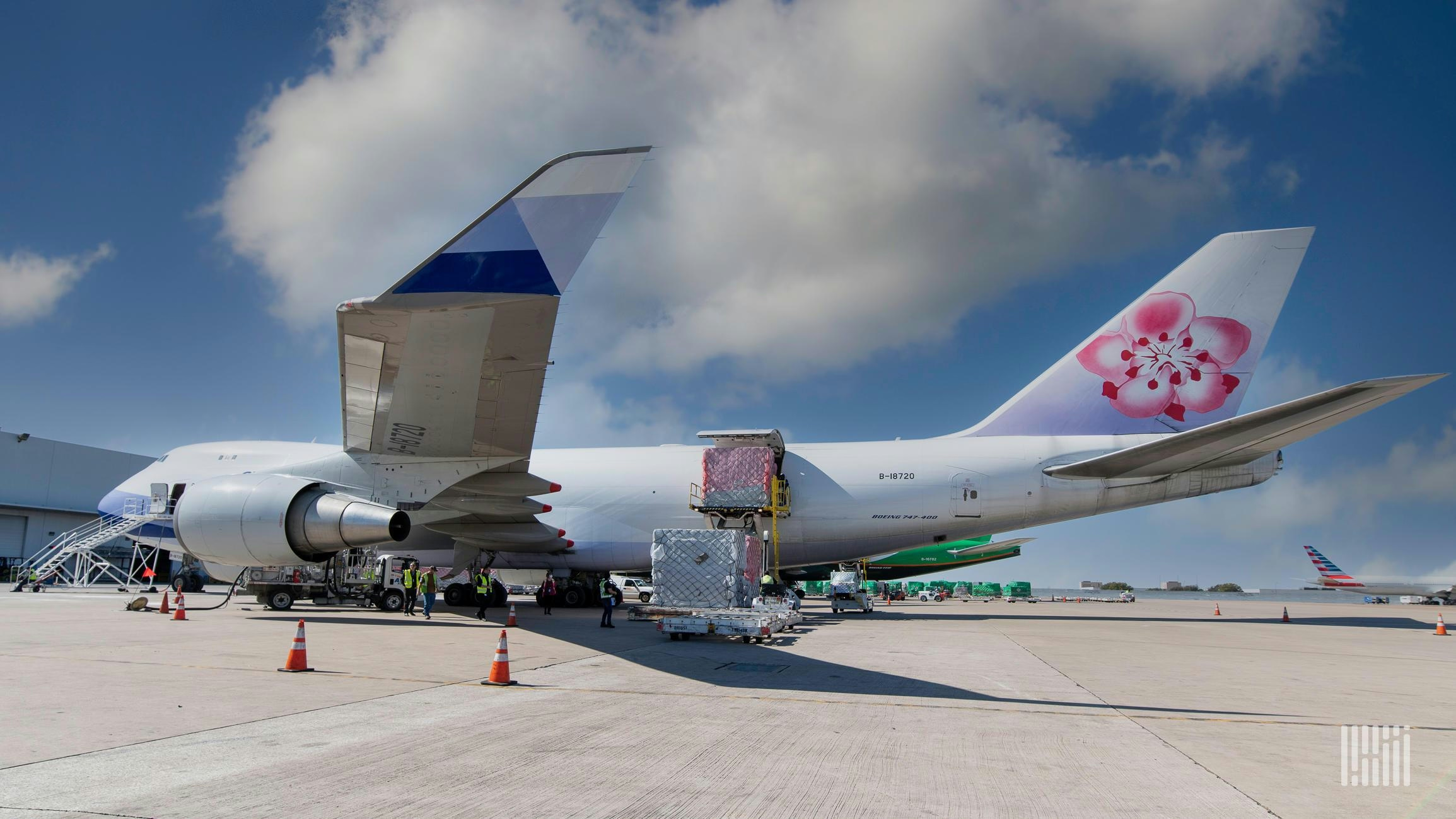
China Airlines Approves New Widebody Aircraft and Plans to Retire 747-400Fs
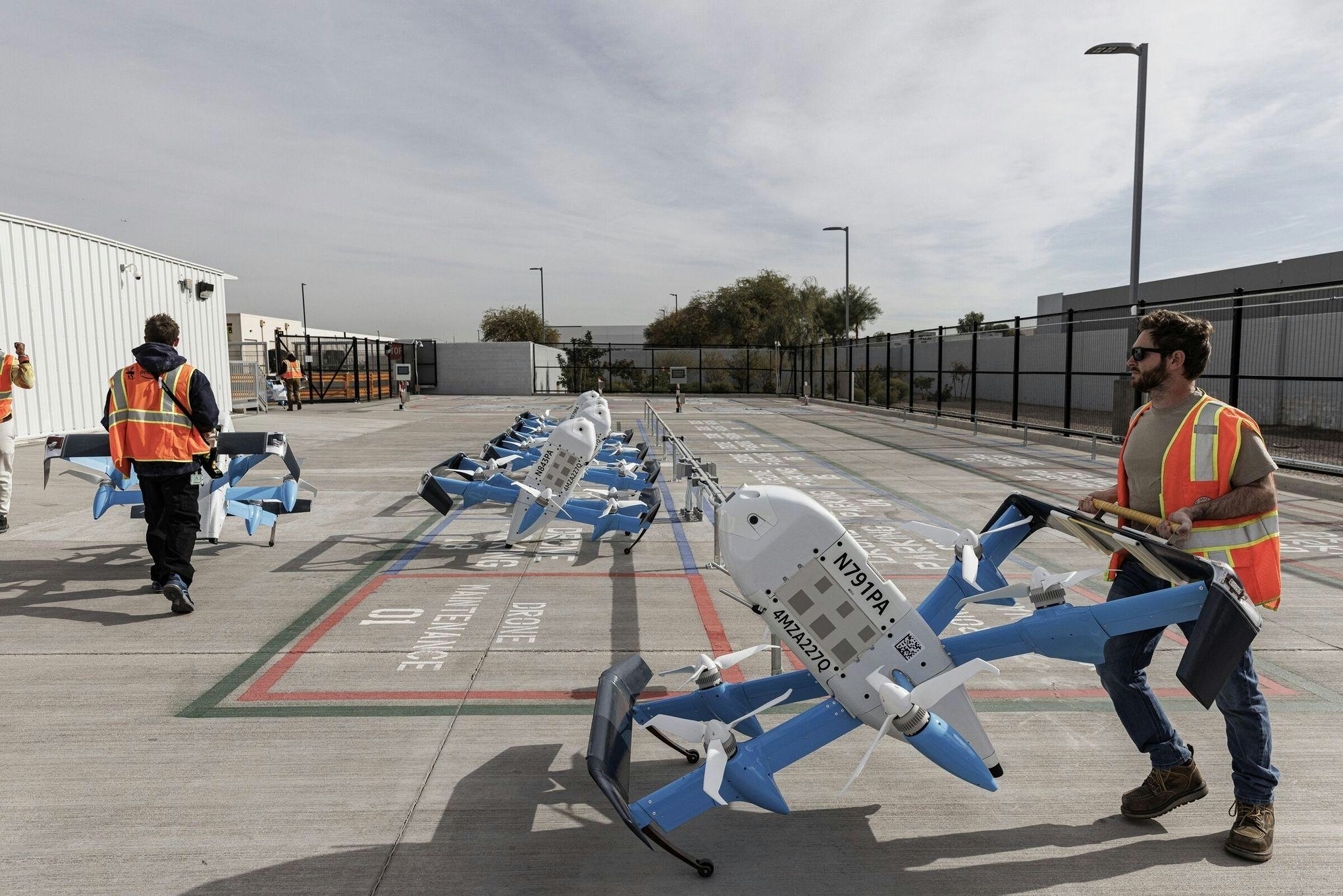
NTSB Declines to Investigate Amazon Drone Incident in Texas
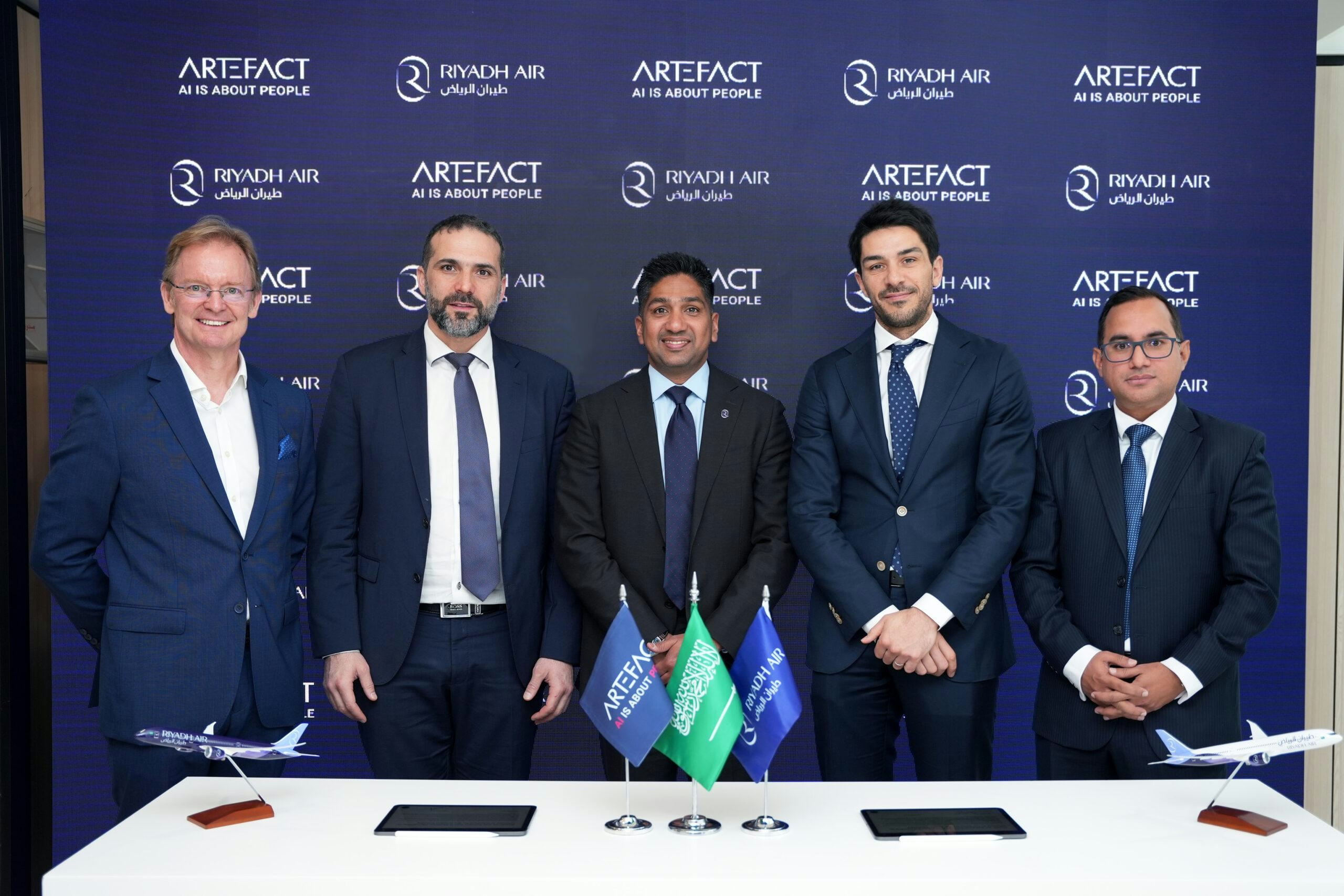
Riyadh Air Show Highlights Emerging Aviation Technologies
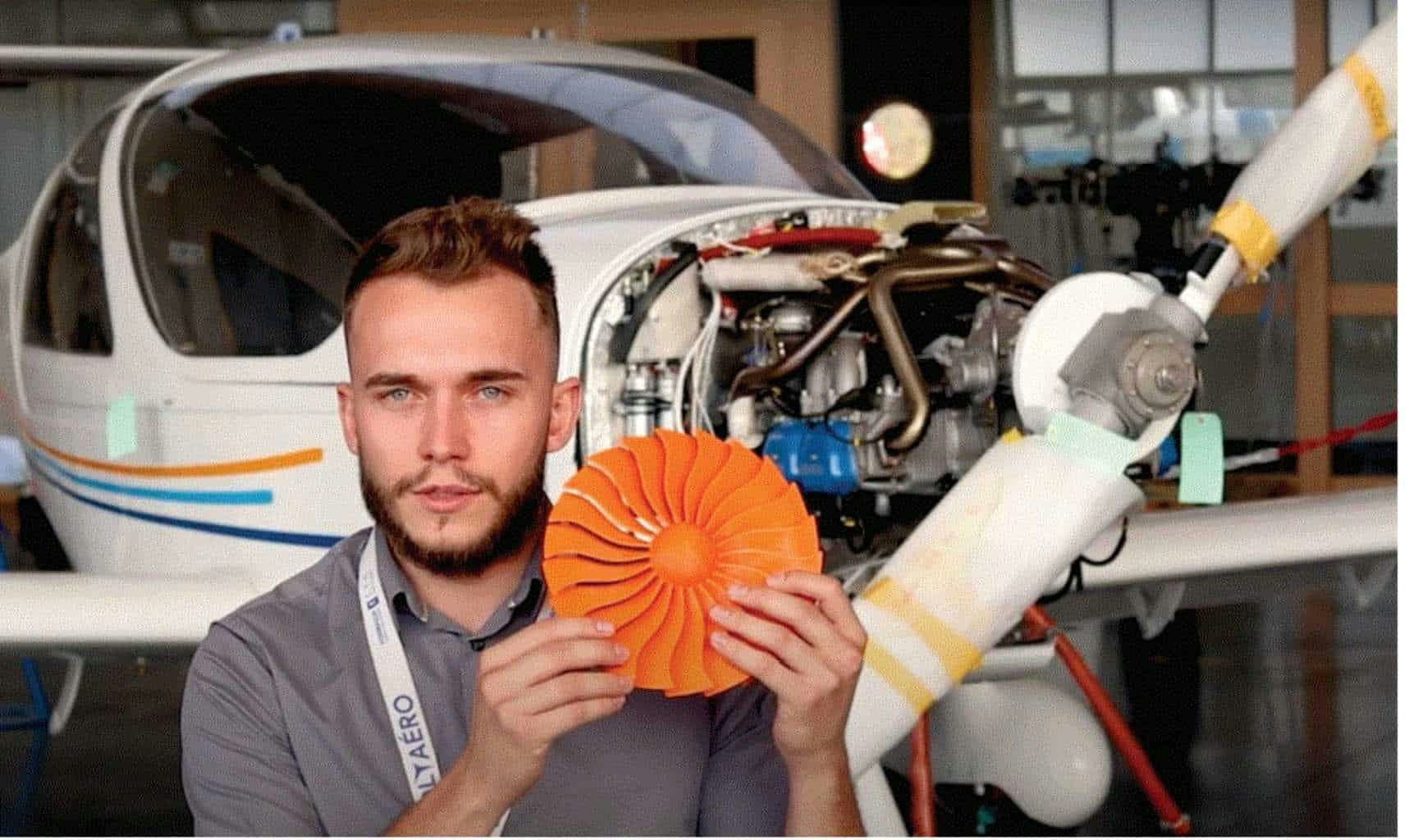
3D-Printed Materials Enhance Efficiency in Aircraft Maintenance
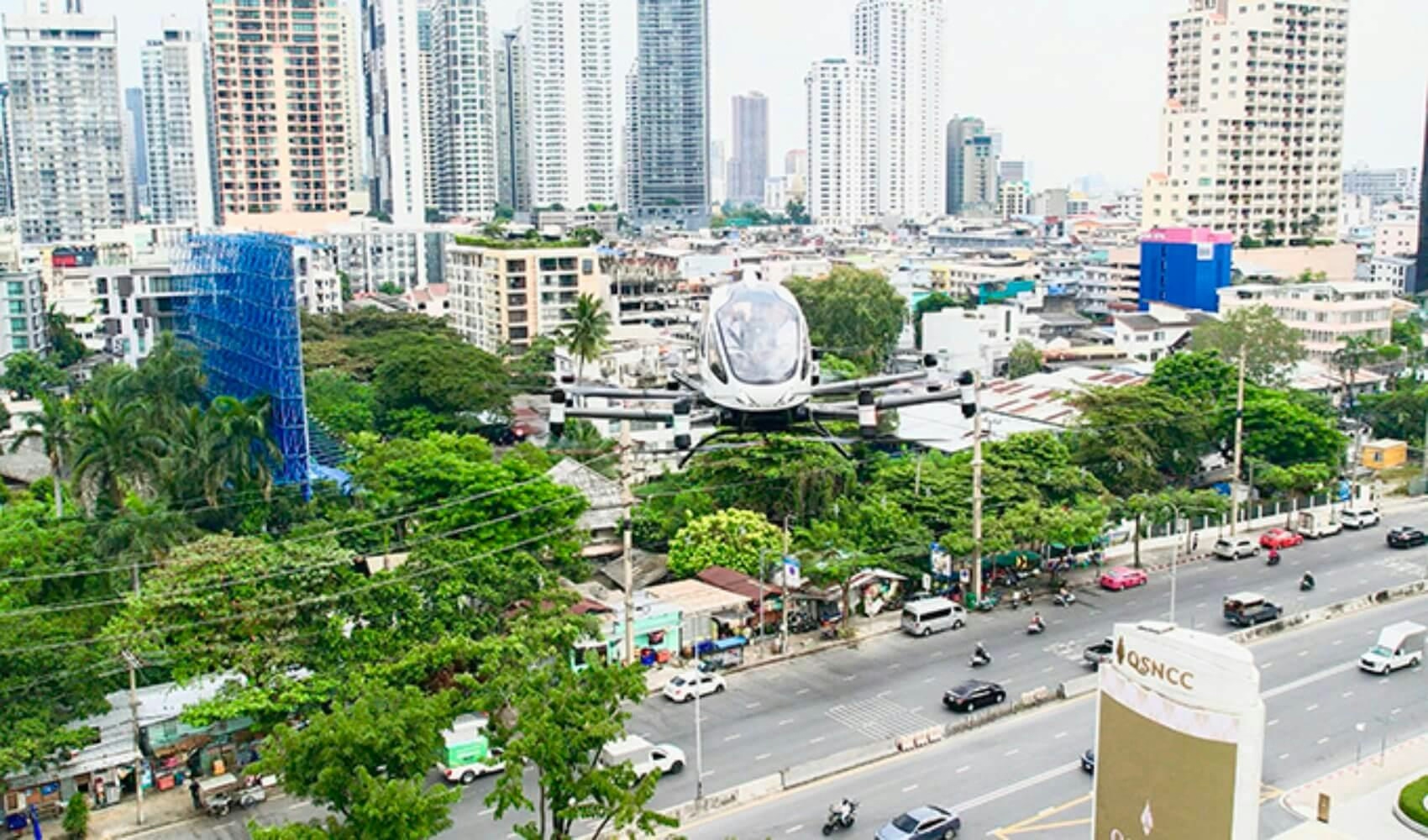
EHang Conducts First Pilotless Urban eVTOL Flight in Bangkok
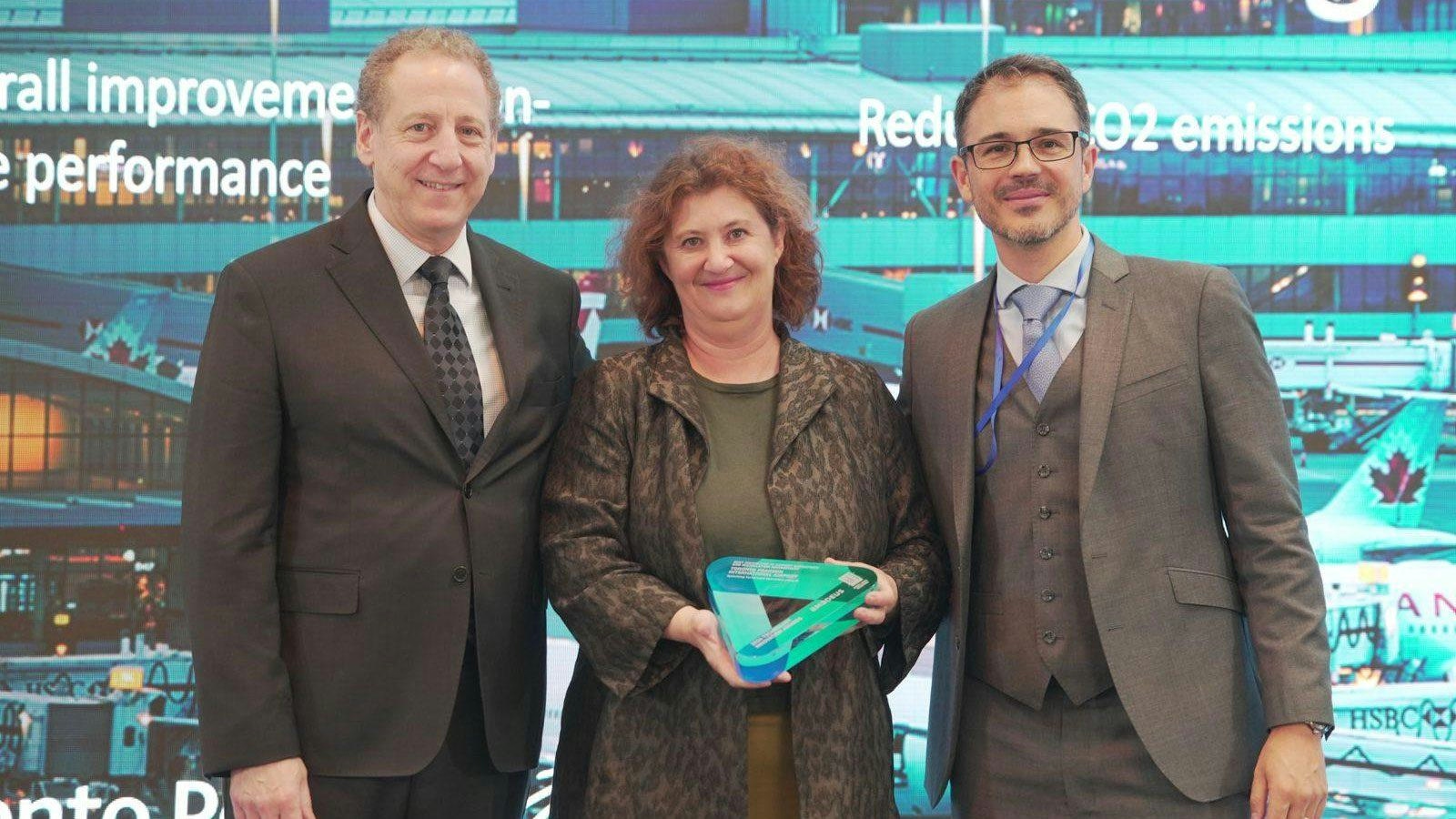
ACI World and Amadeus reveal the world’s most innovative airports

Emirates Group Announces New UAE Leadership to Shape Dubai’s Aviation and Innovation Future
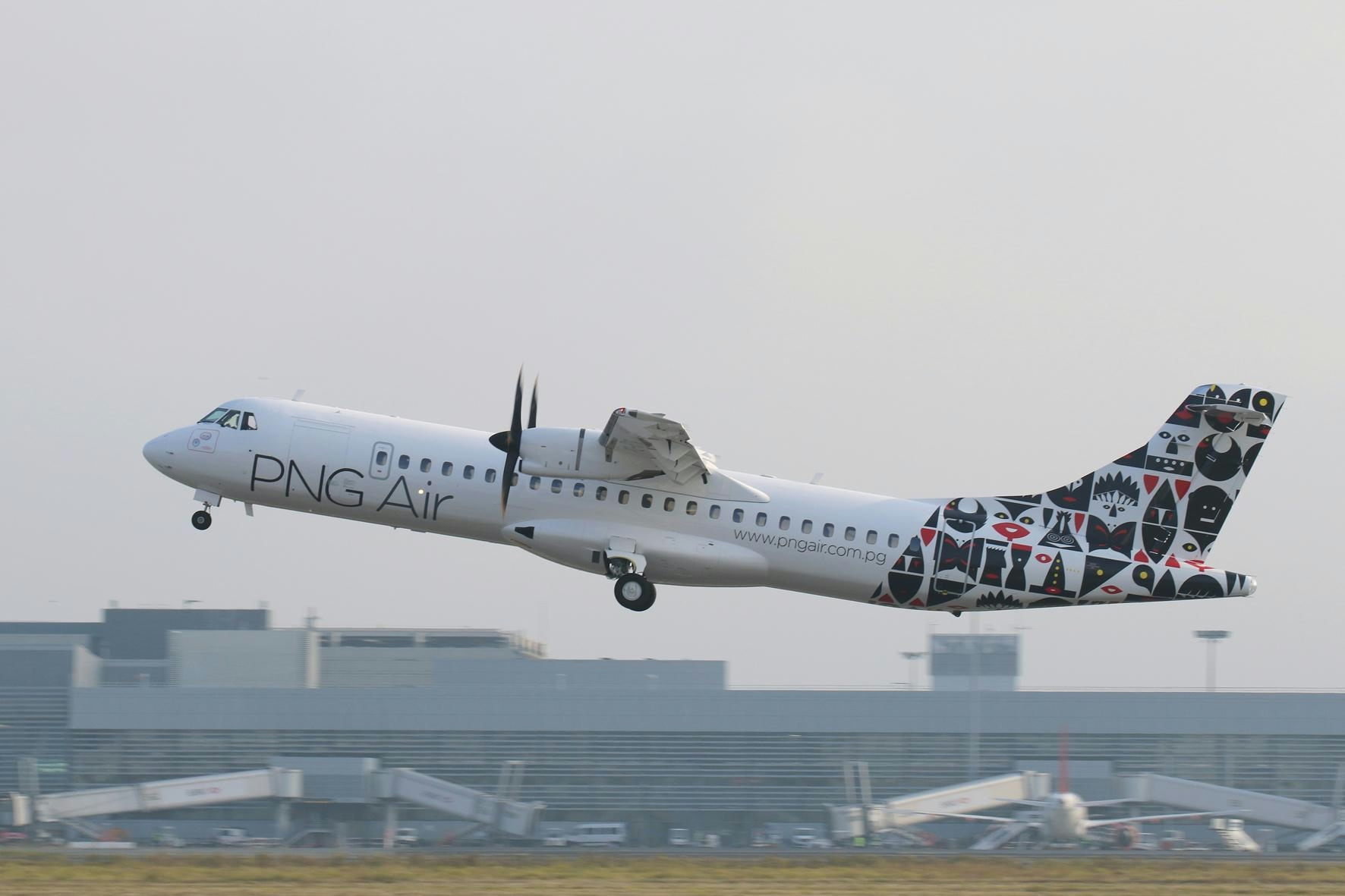
PNG Air Expands Fleet with Two New ATR 72-600 Aircraft
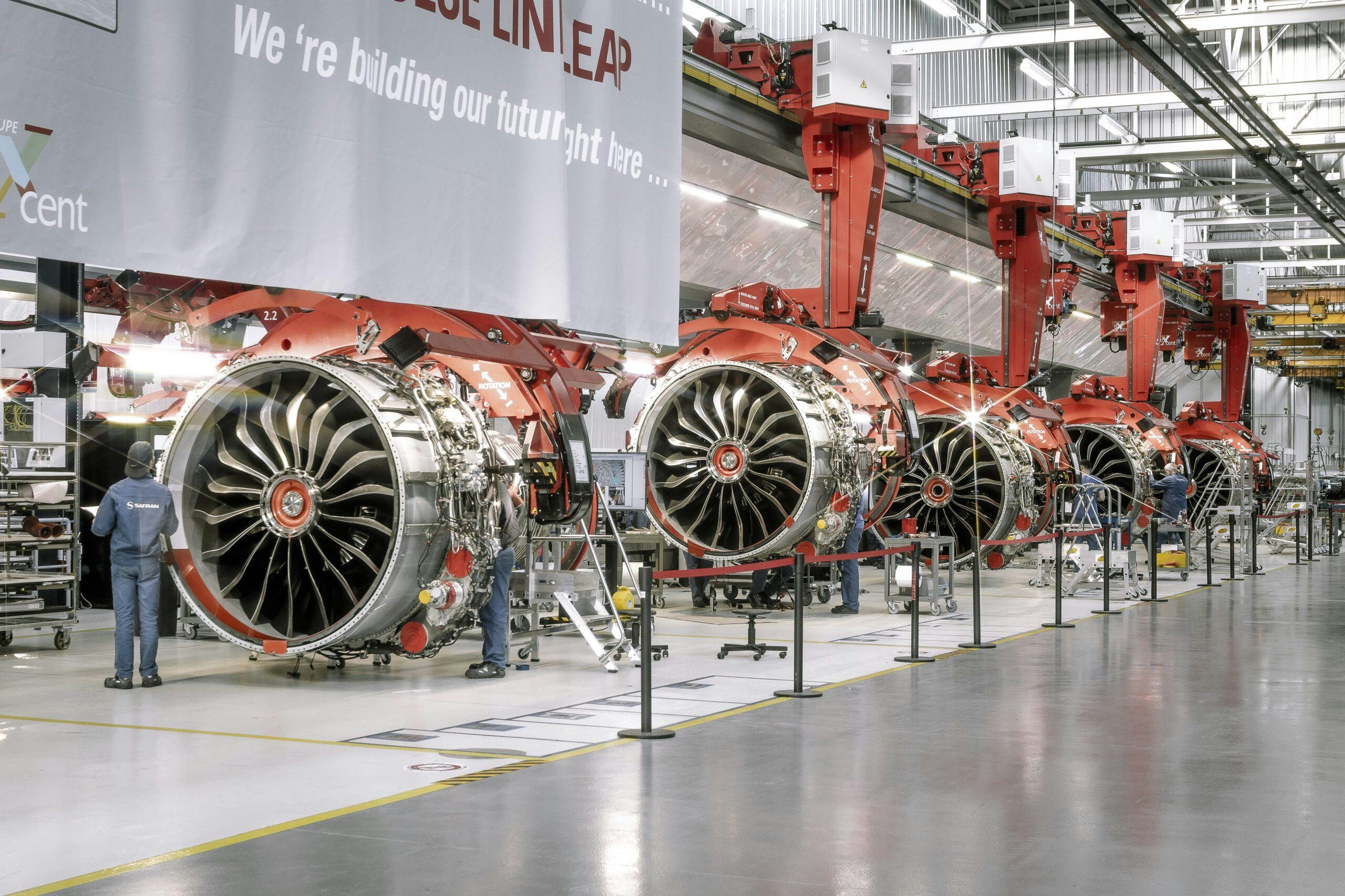
CFM Strengthens Partnerships in UAE and Indian Aviation Supply Chains
